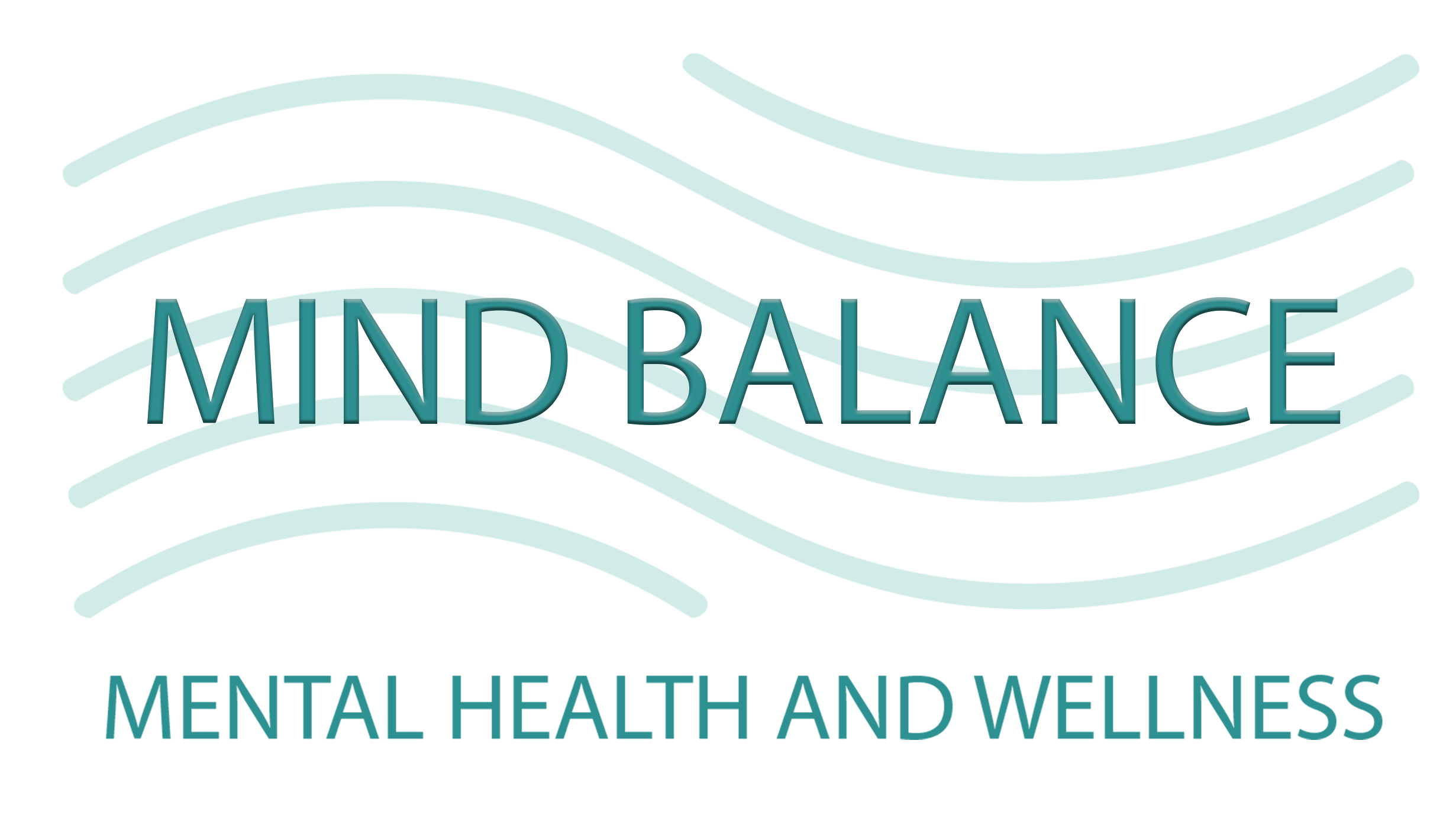Why Choose Mind Balance Mental Health and Wellness
At Mind Balance Mental Health and Wellness, we understand the unique needs of individuals suffering from PTSD. Our approach is geared towards providing holistic and effective treatment options that cater to each person’s specific requirements.
Comprehensive PTSD Treatment Services
Our comprehensive PTSD treatment services combine various methods to ensure the best possible outcomes for our clients. We offer a range of mental health treatment options focused on treating PTSD, anxiety, depression, and other related conditions.
| Service | Description |
|---|---|
| Psychotherapy | Talk therapy tailored to address PTSD symptoms |
| Medication Management | Careful and monitored prescription of SSRIs and SNRIs |
| Trauma-Focused Therapies | Prolonged Exposure Therapy, Cognitive Processing Therapy |
| Complementary Therapies | Mindfulness-Based Stress Reduction (MBSR), yoga, and other integrative practices |
These services are designed to be adaptable to each individual’s needs, ensuring that clients receive the most effective care possible. For clients with additional mental health concerns, we also offer comprehensive anxiety treatment and depression treatment.
Evidence-Based Treatment Approaches
We pride ourselves on using evidence-based treatment approaches that have been shown to be effective for treating PTSD.
- Prolonged Exposure Therapy (PE): This trauma-focused therapy helps clients confront and process traumatic memories, thereby reducing PTSD symptoms. It is recognized as a gold standard treatment for PTSD.
- Cognitive Processing Therapy (CPT): This method helps clients understand and reframe their traumatic experiences, leading to improved emotional regulation and symptom reduction. CPT is also highly recommended by PTSD treatment guidelines (PubMed Central).
- Medications: We offer careful medication management, including SSRIs and SNRIs, which are commonly prescribed for PTSD patients. These medications can be used alone or in conjunction with psychotherapy.
- Complementary and Integrative Health (CIH): Innovative methods like Mindfulness-Based Stress Reduction (MBSR) are employed to complement traditional treatments, providing a well-rounded approach to healing.
By employing these evidence-based methods, we aim to provide the highest quality care to our clients. Our dedicated team continually updates our practices based on the latest research to ensure that we are at the forefront of PTSD treatment. For those seeking specialized advice, our tele-psychiatry and outpatient psychiatry services offer convenient access to our experts.
Choosing Mind Balance Mental Health and Wellness means choosing a path towards recovery that is supported by a robust foundation in scientific research and personalized care.
Trauma-Focused Therapies for PTSD
At Mind Balance Mental Health and Wellness, we understand that trauma-focused therapies are essential in effectively treating PTSD. Two of the most widely recognized therapies are Prolonged Exposure Therapy and Cognitive Processing Therapy.
Prolonged Exposure Therapy
Prolonged Exposure Therapy (PE) is considered one of the gold standard treatments for PTSD and has proven effective in reducing PTSD symptoms. PE offers significant benefits to more than 15 million adults in the U.S. who experience PTSD.
In this therapy, clients are guided to confront trauma-related memories, thoughts, and situations that they have been avoiding. This controlled exposure helps to desensitize them to the traumatic event, diminishing the intensity of their psychological and emotional responses.
A research study cited by NCBI found that individuals undergoing Prolonged Exposure Therapy experienced significant reductions in PTSD symptoms compared to other therapies.
Cognitive Processing Therapy
Cognitive Processing Therapy (CPT) is another evidence-based treatment we offer at Mind Balance Mental Health and Wellness. CPT focuses on helping individuals reframe and challenge their negative beliefs related to the trauma.
Research indicates that the success rates of CPT are notable. According to NCBI, participants treated with CPT showed a significant reduction in PTSD symptoms, with rates of achieving loss of diagnosis ranging from 30% to 97%.
CPT involves teaching clients how to address and alter distorted thoughts, leading to a reduction in the emotional impact of the trauma. This therapy has been shown to be highly effective in comparison to waitlist controls, supportive therapies, and self-help resources.
These trauma-focused therapies are integral components of our comprehensive PTSD treatment services. With their proven effectiveness, we aim to provide the best possible care for individuals struggling with PTSD.
For more information on our mental health services, please explore our pages on mental health treatment and outpatient psychiatry. If you are interested in learning more about our approach to treating other conditions, check out our depression treatment and anxiety treatment pages.
Medication Options for PTSD
At Mind Balance Mental Health and Wellness, we offer a variety of PTSD treatment options, including the use of medications. Here, we delve into the details of SSRIs and SNRIs—two common types of medications used to manage PTSD symptoms.
SSRIs and SNRIs
Selective Serotonin Reuptake Inhibitors (SSRIs) and Serotonin-Norepinephrine Reuptake Inhibitors (SNRIs) are commonly prescribed to help alleviate the symptoms of PTSD. Clinical guidelines recommend these as the first line of medication treatment.
SSRIs:
SSRIs work by increasing the levels of serotonin in the brain, which can help improve mood, reduce anxiety, and mitigate other symptoms of PTSD. The two most commonly prescribed SSRIs for PTSD are sertraline and paroxetine.
SNRIs:
SNRIs function similarly to SSRIs but also increase levels of norepinephrine, another neurotransmitter that affects mood and stress. The most frequently prescribed SNRI for PTSD is venlafaxine.
Data sourced from VA
Benefits and Considerations
Benefits:
- Symptom Relief: About 58% of participants using SSRIs show significant improvement in PTSD symptoms compared to 35% of participants using a placebo.
- Accessibility: These medications are widely available and are often covered by insurance plans.
- Adjunct Use: Can be combined with trauma-focused therapies like Prolonged Exposure Therapy and Cognitive Processing Therapy for enhanced results.
Considerations:
- Side Effects: Common side effects include upset stomach, sweating, headache, dizziness, and potential sexual side effects which can range from short-term to persisting as long as the medication is taken (VA).
- Withdrawals: There is evidence of increased withdrawals from SSRIs due to adverse effects, although the absolute proportion is low.
- Continuous Monitoring: Regular follow-ups with a healthcare provider are essential to monitor the effectiveness and adjust dosages as necessary.
By understanding the benefits and considerations of SSRIs and SNRIs, we ensure our clients receive the most effective and personalized PTSD treatment available. For further details on our comprehensive services, visit our pages on anxiety treatment, depression treatment, and behavioral health treatment.
Complementary and Integrative Health (CIH) for PTSD
At Mind Balance Mental Health and Wellness, we recognize the growing importance of Complementary and Integrative Health (CIH) practices for the management of PTSD. These practices address the holistic needs of individuals, complementing more traditional treatment options.
Mindfulness-Based Stress Reduction (MBSR)
One standout CIH practice is Mindfulness-Based Stress Reduction (MBSR). This method emphasizes mindfulness meditation and mindful movement to help individuals become more attuned to the present moment. Studies show that MBSR can effectively reduce PTSD symptoms, outperforming both active and inactive controls among Veterans (VA.gov).
MBSR has received a “weak for” recommendation but remains a popular choice within VA specialized PTSD treatment programs. These programs report a wide use of mindfulness techniques, stress management, and relaxation practices, demonstrating the widespread acceptance of MBSR in PTSD treatment.
Promising CIH Practices
Apart from MBSR, several other CIH practices are gaining traction due to their potential benefits for PTSD treatment. These include acupuncture, the Mantram Repetition Program (MRP), Transcendental Meditation (TM), and Yoga. Early evidence suggests these practices can have positive effects on reducing PTSD symptoms (VA.gov).
| CIH Practice | Reported Benefits |
|---|---|
| Acupuncture | Reduces stress and anxiety |
| Mantram Repetition | Helps in focusing the mind, easing PTSD symptoms |
| Transcendental Meditation | Lowers stress levels and improves emotional well-being |
| Yoga | Enhances physical and mental relaxation |
While CIH offers promising avenues for PTSD treatment, it’s important to note that no CIH practice has yet met the data standards for a “strong for” recommendation in the VA/DoD Clinical Practice Guidelines. However, their widespread use (96% of VA PTSD programs offer them) and reported benefits make them a valuable part of a comprehensive PTSD treatment plan at Mind Balance Mental Health and Wellness.
For more information on related mental health services, consider exploring our pages on anxiety treatment and outpatient psychiatry.
VA/DoD Recommended Treatments for PTSD
The Veterans Health Administration and Department of Defense (VA/DoD) provide clear guidelines on the most effective treatments for Post-Traumatic Stress Disorder (PTSD). At Mind Balance Mental Health and Wellness, we follow these evidence-based practices to ensure that our clients receive the highest standard of care.
Gold Standard Therapies
Among the treatments recommended by the VA/DoD, trauma-focused therapies are considered the gold standard for PTSD treatment. These therapies have been extensively researched and have shown significant effectiveness in reducing PTSD symptoms.
- Prolonged Exposure Therapy (PE): This therapy involves repeated, detailed imaging of the trauma event to help patients face and overcome their fears. Studies have demonstrated that PE therapy shows significant symptom reduction compared to other methods.
- Cognitive Processing Therapy (CPT): CPT helps patients understand and change their thought patterns related to the trauma. Research shows that between 30% and 97% of participants no longer meet the criteria for PTSD diagnosis after undergoing CPT treatment (NCBI).
- Trauma-focused Cognitive Behavioral Therapy (CBT): This type of CBT involves addressing the thoughts and beliefs that have stemmed from the trauma. When compared with control groups, patients treated with trauma-focused CBT show a greater reduction in PTSD symptoms (NCBI).
Medication Use Guidelines
Medications also play a critical role in the treatment of PTSD. The VA/DoD guidelines suggest specific medication types and usage to ensure optimal outcomes.
- Selective Serotonin Reuptake Inhibitors (SSRIs): SSRIs are often the first line of medication treatment for PTSD. Research indicates that 58% of individuals treated with SSRIs show significant improvement in PTSD symptoms, compared to 35% of those receiving a placebo (NCBI).
- Serotonin-Norepinephrine Reuptake Inhibitors (SNRIs): While not as extensively researched as SSRIs, SNRIs also show promise in reducing PTSD symptoms.
When choosing medication for PTSD, it is crucial to consider the benefits and potential side effects. Our team at Mind Balance Mental Health and Wellness carefully monitors each patient to ensure the chosen PTSD treatment plan is both effective and safe. For a deeper dive into the medication options for PTSD, please check our comprehensive section on this subject.

